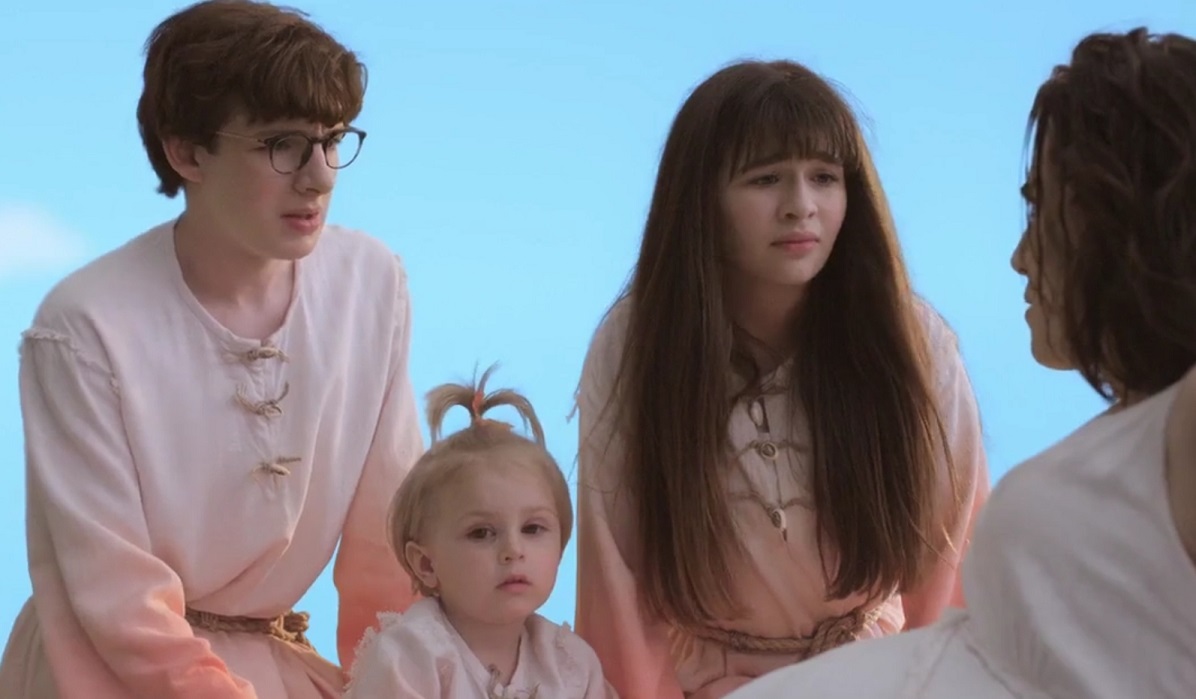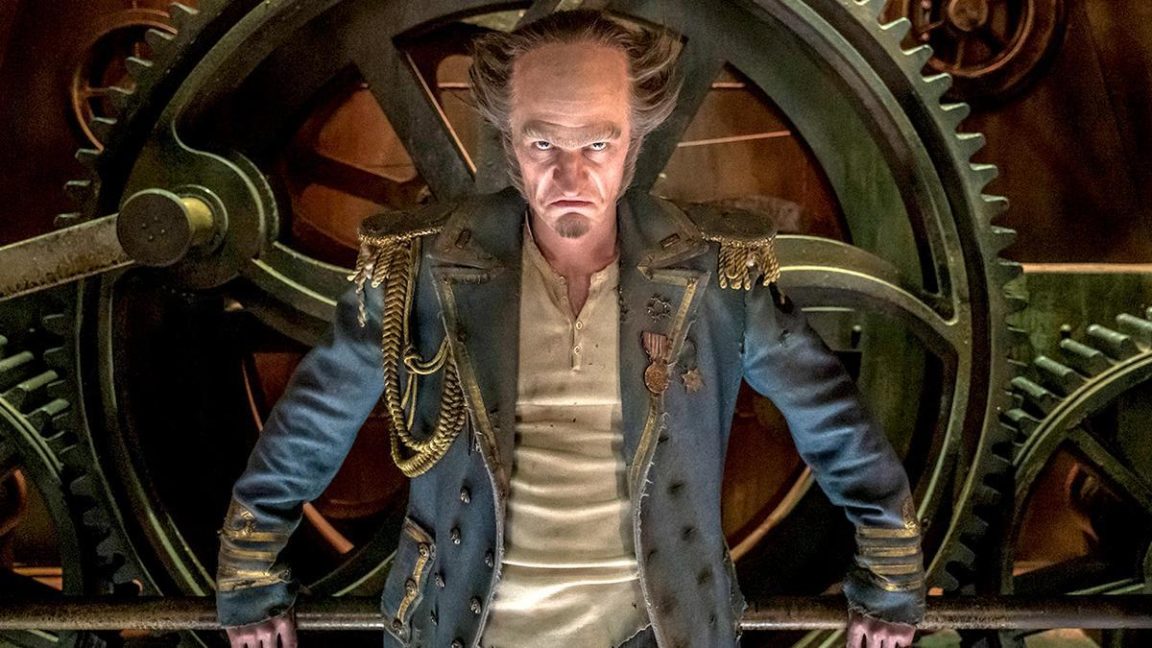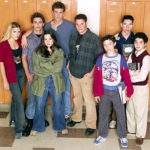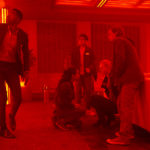As the world rang in 2019, Netflix dropped the third and final season of Lemony Snicket’s A Series of Unfortunate Events. For many fans, the series was a detailed and faithful adaptation of the books they had always wanted, but for others it was too long, drawn out, and repetitive. As we’ve discussed previously, there are quite a few things the 2004 film adaptation did better than the Netflix series. And to be fair, the third season is an improvement in many ways over the second. However it still has its flaws, as the first two seasons had weaved a tapestry of mysteries that the last seven episodes needed to wrap up.
Breaking Up the Formula
One of the biggest issues with the previous seasons was that each pair of episodes felt like long drawn out repeats of the ones that came before. This cycle involved the following events: Baudelaires are sent to live with a new guardian who is usually very quirky, Count Olaf and his troupe show up in disguises which fool the guardian, the children try to prove that it’s Olaf but no one believes it, as they’re about to expose Olaf he escapes and they move on to the next guardian. And while the first few episodes of Season 3 are still slowly paced, they thankfully break up this tired old formula.
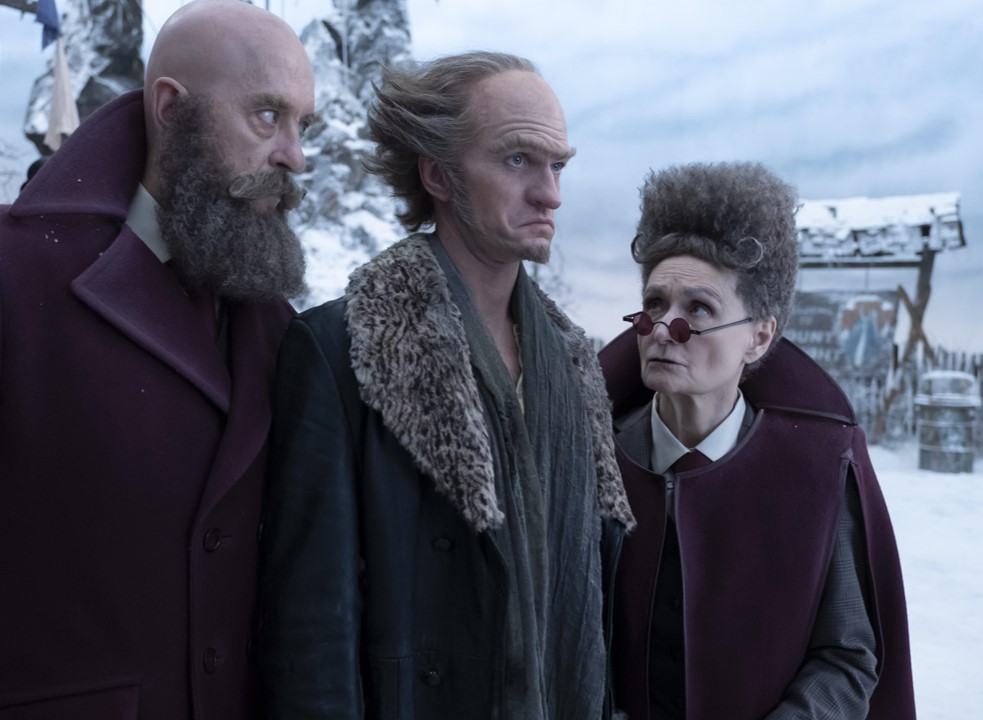
By this point, the Baudelaire orphans are beyond needing guardians and are on their own quest to uncover the truth about the secretive V.F.D., of which their parents and Olaf were once members of. On the way, Olaf and his henchman are still after them to obtain their fortune. While the series still has the same overuse of deadpan humor at the expense of plot and characters, it does feels like the story is finally moving. In many ways, the subplots regarding the Baudelaires, Olaf, and the mysterious V.F.D. all begin to converge to give this incredibly long story its much needed conclusion.
Turning it Into a Crossover
As the story reaches its climax, we see a host of familiar faces from previous episodes. Between the incessantly irritating Carmelita joining Olaf, to the many former guardians and helpers who show up at the cleverly named Hotel Denouement, the series reaches a point where it almost feels like a crossover of Marvel proportions. For many of the characters, we had only ever seen them interact with the children or Olaf and his troupe, but never each other.
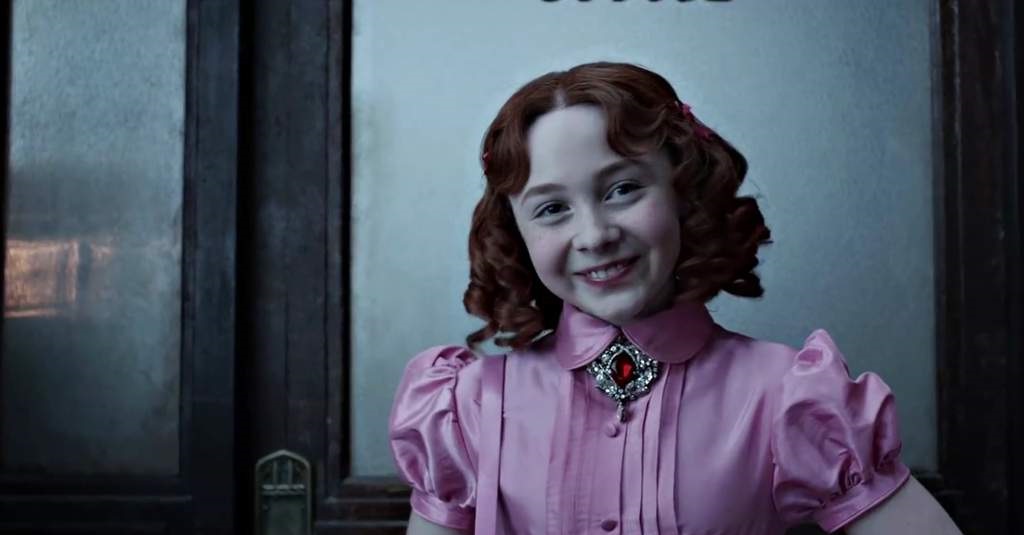
So as they all come together for the trial of the century, it’s quite fun to see how they interact with each other and how they share stories and sympathies of being wronged by Olaf. It all demonstrates that one of the strongest aspects of this whole series was its world-building. And to be fair, it’s something that a film series probably wouldn’t have been able to do nearly as well.
Biting Off More Than It Could Chew
In addition to the constant use of quirky humor, which can get annoying at times, the series also had a habit of creating mysteries for the sake of doing so. Not since Lost has a TV series created so many questions that it couldn’t possibly answer. And A Series of Unfortunate Events is no different.
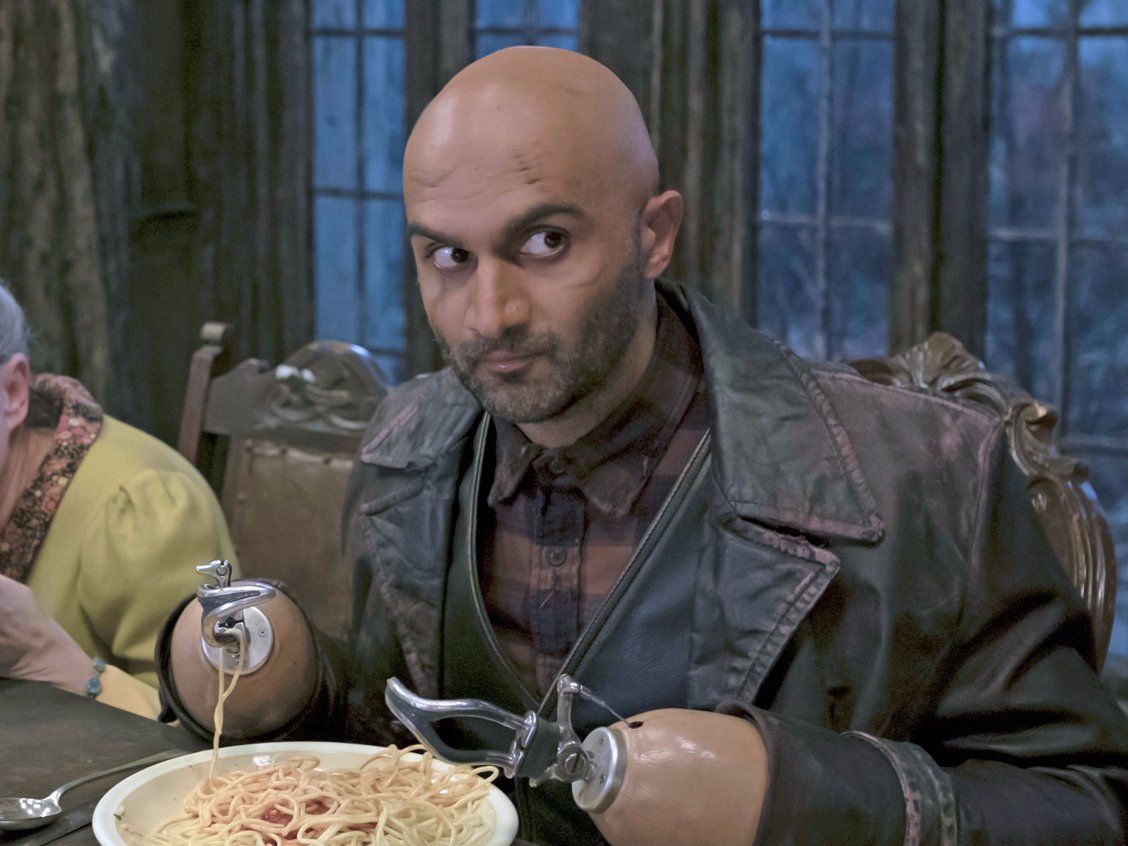
As the credits roll on the final episode there are still quite a few loose ends, and plot points that never had a resolution. Perhaps this was an attempt by the writers to make the series seem more like real life, which often doesn’t answer every question. But when a TV series or film takes on the tone of a mystery thriller, audiences expect the mystery to be solved, as that’s part of the fun of the genre itself!

Poignant Ending (Minor spoilers)
Despite a few flaws with wrapping up storylines, the series really did pull off a successful ending in terms of emotional payoff. We are led to believe that a trial will solve everything, but of course that expectation is subverted as so often happens. The final episode itself feels more like an epilogue than a climax, which seemed to occur in the previous episode. It’s much quieter and more emotional in its tone.
Olaf even reveals a human side to him, one which we only saw glimpses of here and there. The episode achieves a level of poignancy that only the film adaptation had reached previously. It’s not a typical Hollywood happy ending, but it’s not a tragic ending either. Rather, it’s a realistic ending. The only thing might have elevated it would be if they had tied up more loose ends. But tonally, it was the only way for a unique series like this to conclude.
